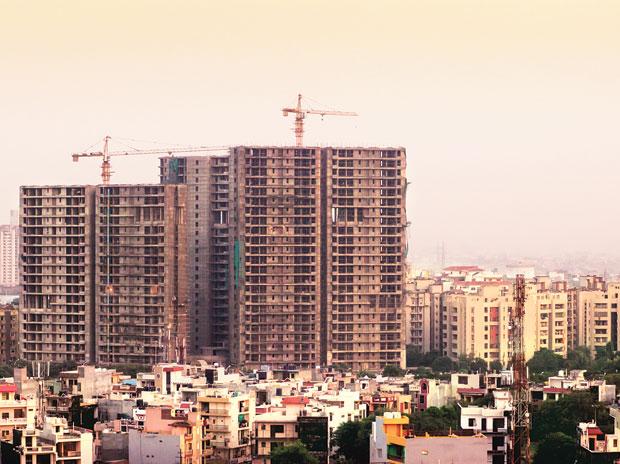 |
| source by google |
With climate change posing a threat to almost every industry, it’s time to assess whether the real estate market in India is ready to combat this challenge. The industry has gone through several changes in the last few years. While the government has taken several initiatives and reform measures to ensure that the industry remains on track, climate change is something that is affecting the business environment globally.
As global warming continues, the glaciers are melting at a faster rate and countries are becoming warmer. Climate change, as a result of global warming, is likely to have a serious impact on the real estate sector in India. Particularly, the properties that are located in coastal areas would be affected earlier. In several metro cities like Mumbai, investors are keen to purchase sea-facing properties. Purchasing such properties in the coming years might involve certain risks. In the global real estate market, property prices in areas located close to the coast have already started declining. Particularly, in the US, the sector has witnessed a drop in the prices of properties in Florida and Maine. Rising levels of sea pose a threat to the
real estate sector in India as well.

On the eastern coast of India, several cities are susceptible to storms and cyclones. Therefore, global warming increases the risk profile of these cities. The low-lying areas in the coastal belts of India would be most affected by cyclones and floods. India has got a coastline of more than 7,500 Kms, including all its states and union territories. Some of the areas that are susceptible to damage include Chennai, Goa, Mumbai and some parts of Andhra Pradesh and Orissa.
However, in Mumbai, the demand for sea-facing properties is still high. Besides, people are interested in buying beach properties in various cities. With the dangers related to climate change rising, these areas are likely to witness a drop in the prices and demand for real estate in the coming years. In the coming decades, buyer preferences are likely to change in these cities. Chennai has already faced natural disasters in the last few years due to storms and cyclones. The rising level of the sea remains a threat in these areas. With the real estate industry in India coming out of a crisis from the monetary perspective, the extent of damage that it is about to incur due to climate change is unknown.
People buying beach properties are becoming aware of the dangers associated with the ownership of such properties. Besides, these properties involve greater maintenance costs. The demand for sea-facing
Property in Mumbai and other metro cities in India is still high now. However, the industry is going to witness a change, once the impact of climate change becomes more acute. In the coming years, people are likely to buy properties towards the interiors of the country, away from the coastal belts. Besides, the demand for properties would be rising in the centrally located cities, as the buyer preference would be shifting to these areas.
Investors and homeowners buying seafront properties should be careful while making the purchases. With the property prices about to decline in these areas, the developers would be focusing more on the quality of building materials. The reason is, these areas have a greater amount of moisture in the air. Therefore, the materials used in the construction of such properties should be able to absorb the moisture. Besides, these
residential apartments also remain susceptible to floods and cyclones, that cause heavy damage to the properties. Before buying a property, the investors should check the geographical risk profile of such areas.

Even if people continue to buy such properties, they would require additional insurance to cover the possible damage. When you buy such properties, the structures would be needing proper waterproofed electrical systems, better reinforcement and foundations, and flood barriers. The overall cost of the properties would be increasing. With the demand for sea-facing properties declining, the developers would find a challenging task, integrating all these features in properties and pricing them affordably.
In the coming decades, the real estate industry in India would be going through further changes, which are not within the control or regulation of the authorities. The government has been playing its part, implementing policies and reform measures to ensure the growth of the real estate sector and keeping the industry transparent. However, climate change is a global threat and the industry needs to adapt itself to the upcoming challenges. It remains to be seen whether or not the developers can come up with the necessary solutions to cater to the needs of the property owners.







Comments